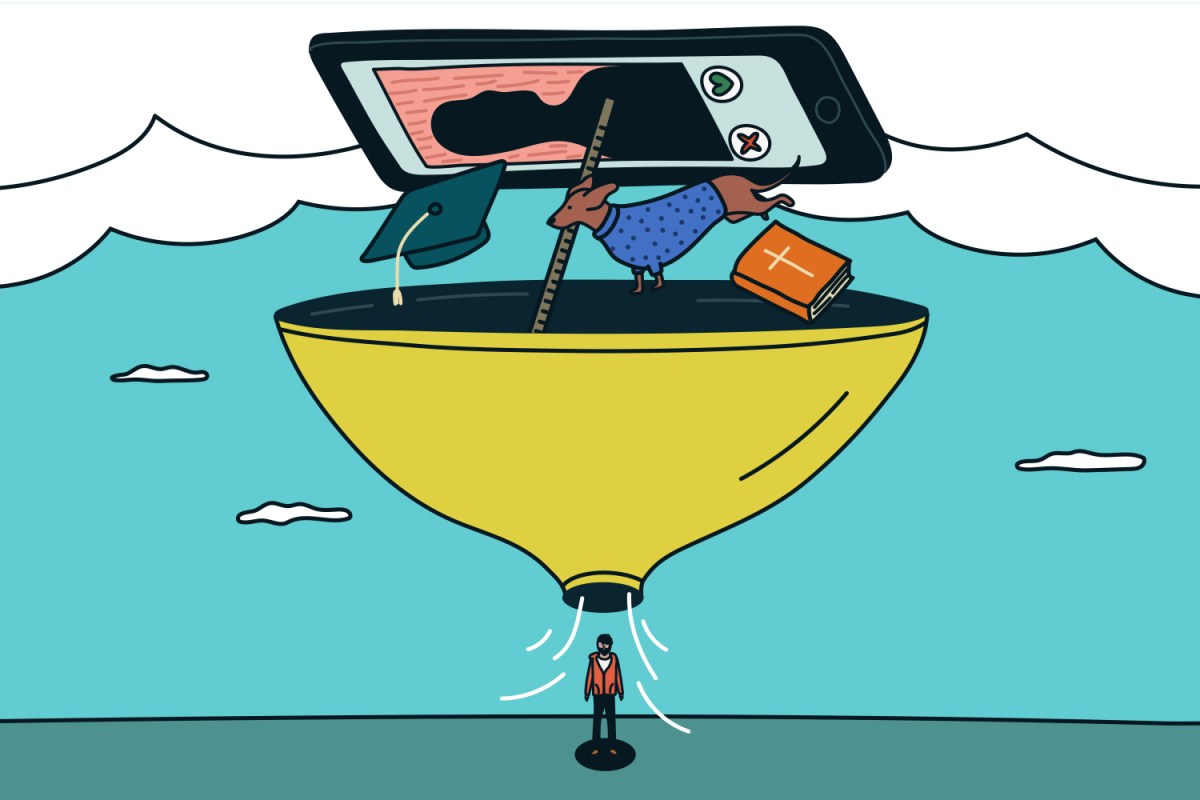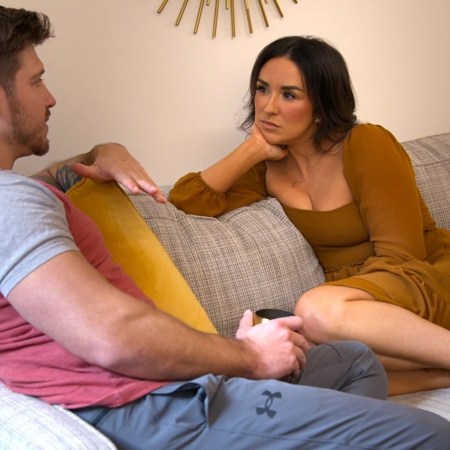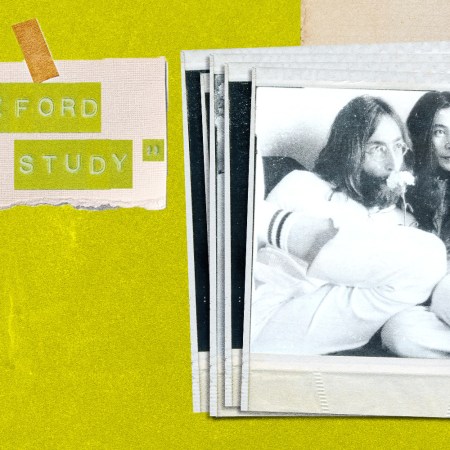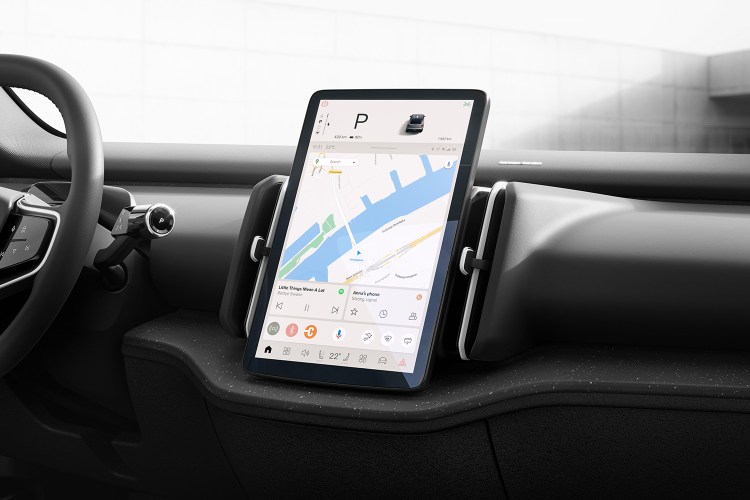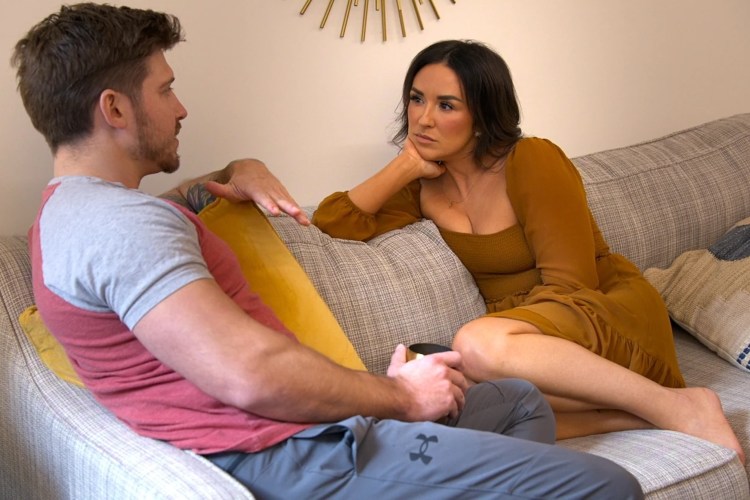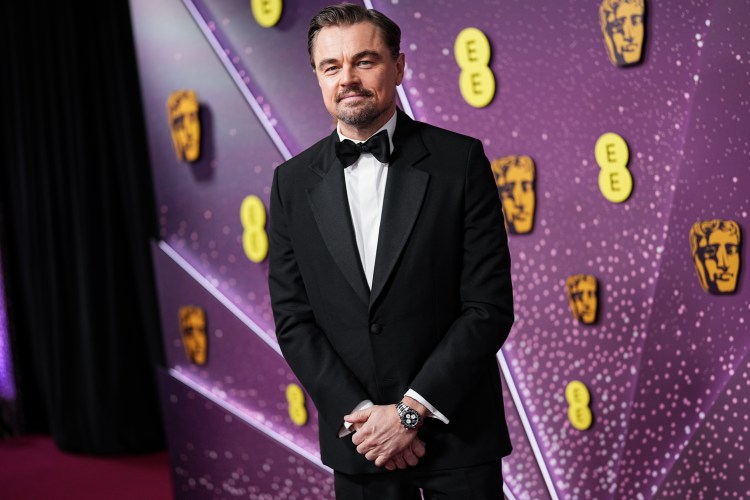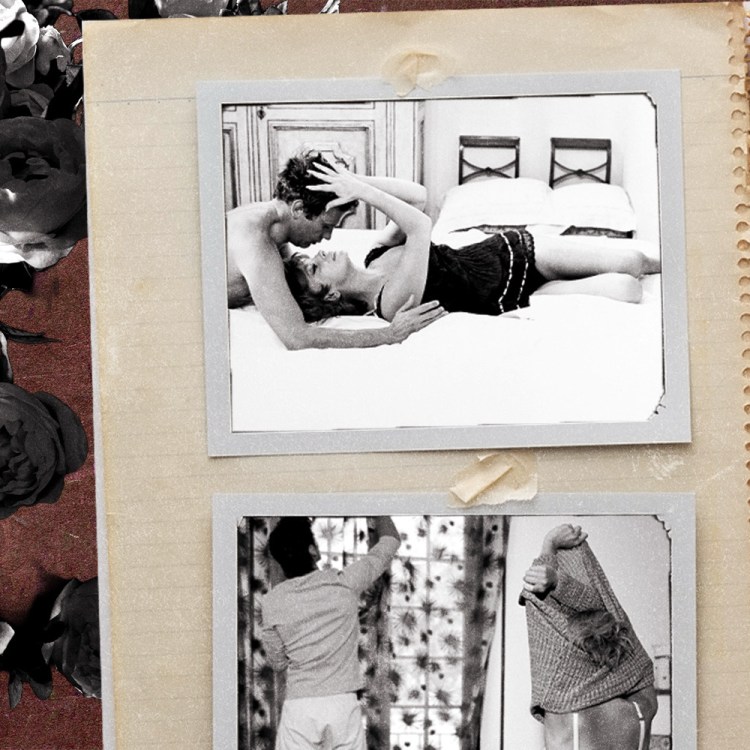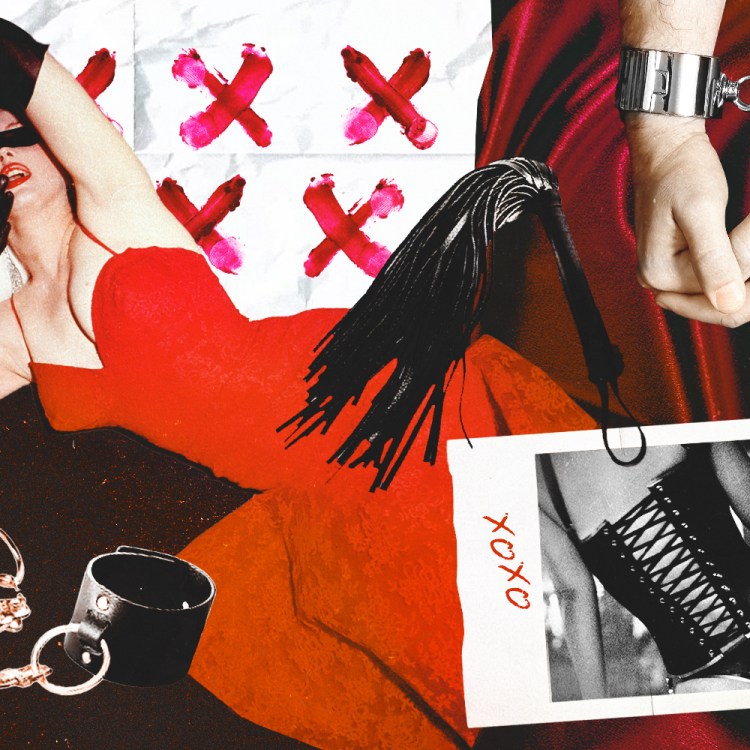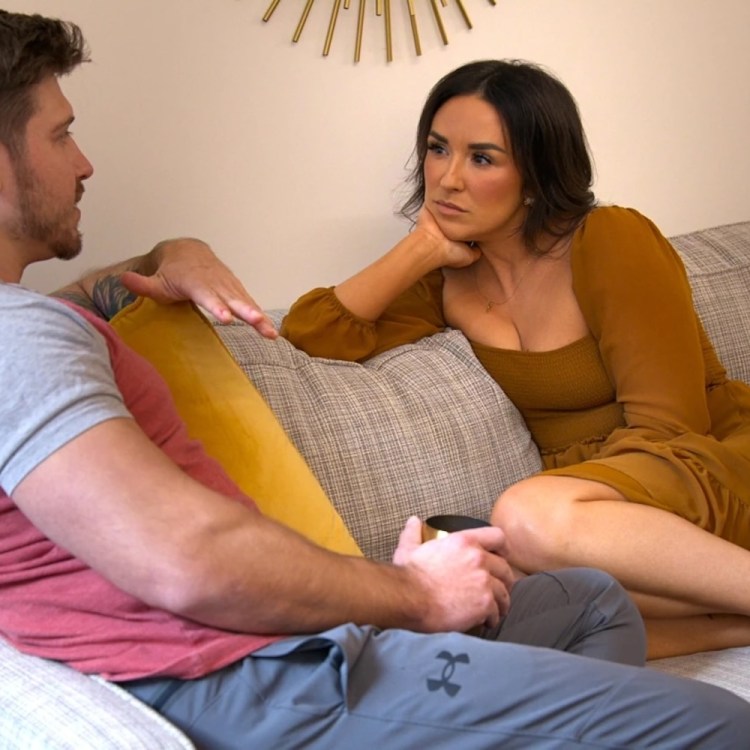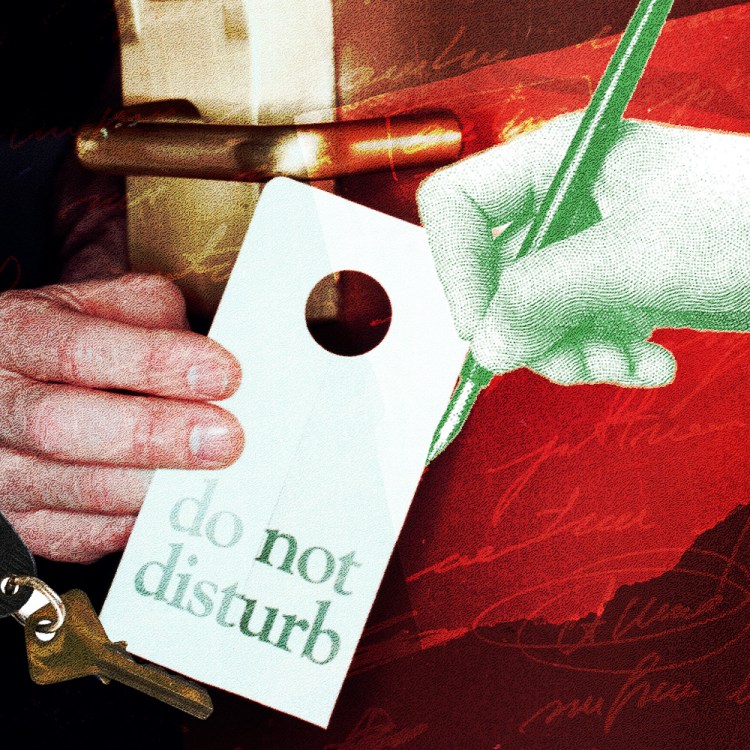In the five-plus years since I first downloaded Tinder, I’ve often found myself trying to convert dating-app skeptics to the swipe life by comparing online dating to online shopping.
“It’s like the difference between shopping online, where you have access to all of your available options and can filter down until you find the perfect dress,” I tell them, “compared to just walking into the mall and hoping you happen to stumble upon something good enough — except you might end up getting married to that thing and having to wear it every day for the rest of your life.”
It’s an admittedly cynical analogy, but it’s also a pretty literal one. Like online retailers that allow shoppers to filter products by style, cut, size, color, etc., dating apps allow users to filter prospective matches based on a variety of phenotypical and lifestyle-based preferences. While various online dating platforms offer different filters, preferences regarding age, gender and distance maintain a fairly standard presence across most apps. Other common filters allow users to get even more particular, inviting users to filter potential matches based on highly specific — sometimes eyebrow-raising — preferences, including height, race, education level, religious and political views, smoking and drinking habits, family planning goals, etc., etc.
For those of us who consider ourselves, shall we say, “selective” daters, the ability to filter based on such a broad range of characteristics is a valuable modern advancement that elevates online dating above its old-school, IRL counterpart the same way Amazon killed the mall.
There’s just one problem. Human beings, it seems, aren’t shirts or dresses, and filtering them — especially by things like color and size — seems to pose certain ethical qualms that don’t necessarily apply to sorting through Nordstrom’s spring collection.
Related: Is Online Dating Actually More Difficult for Men Than Women?
As Pew Research Center noted in a recent report on the state of online dating today, a common belief among app daters holds that online dating expands one’s romantic pool beyond their usual social circle. But while online dating may introduce people to certain individuals with whom they probably wouldn’t have crossed paths otherwise, the ability to filter our prospective matches so precisely probably isn’t doing much to diversify the kinds of people we’re likely to go out with. Despite ostensibly placing us only a swipe away from a much broader pool of romantic prospects, most dating apps also hand us the tools to limit our options more actively, and perhaps more aggressively, than ever before.
Most online dating platforms frame this as a plus. A new ad campaign from OkCupid has leaned into the benefits of filtering from a political perspective, splashing the subway with ads assuring users that “It’s ok to not date a man who won’t vote for a woman,” and “It’s ok to choose to only date someone who’s pro-choice.”
While selecting a partner based on shared social and political beliefs may seem only logical and perhaps even advisable — though I’m sure there are those who would argue (and probably have) that such mentalities are responsible for a growing political divide among Americans — can we apply the same narrative of empowering self-determinism to more superficial forms of filtering, like height, or more problematic ones, like race? Are we always authorized to exercise our own personal preference in matters of romantic selection, or is there a point at which “personal preference” becomes a more problematic matter of prejudice or discrimination?
Are dating apps racist?
“Filtering is a slippery slope,” says Adam Cohen-Aslatei, founder of the new dating app S’More, which seeks to distinguish itself from other online dating platforms by obscuring profile photos with the intent of encouraging users to “form meaningful relationships that are more than skin deep.”
“On S’More you cannot filter by visual characteristics, ethnic origin, or even by religion,” Cohen-Aslatei tells InsideHook. “I understand that some people may have religious and ethic preferences, but filtering can also breed discrimination, prejudice and hate,” he adds.
Neither Cohen-Aslatei nor I are the first to question the moral implications of ethnic filters on dating apps. “We don’t accept ‘No blacks, no Irish’ signs in real life any more, so why do we on platforms that are a major part of our dating lives, and are attempting to gain a foothold as a public forum?” asked writer Chris Stokel-Walker in a 2018 Guardian article examining the racism, both implicit and explicit, playing out on dating apps.
Related: The Swipe Right Generation Turns 40
In other words, which many of us have probably silently asked ourselves while setting up a new dating app profile: Is this racist?
“When it comes to dating apps, I always find filtering by race to be problematic,” says Rae Chen, a sex and beauty writer of Chinese descent who has written about the problematic fetishization of women of color for Teen Vogue.
“While every person has instinctual preferences, what I think we have to keep in mind is that we’re never born with those preferences. They come from our experiences and conditioning, and are reflective of how we see ourselves and how we see other races,” Chen tells InsideHook.
However, as dating app Grindr’s head of communications, Landen Zumwalt, told the Guardian in 2018, while ethnicity filters can promote racism on the app, they can also help members of marginalized communities connect more easily.
Chen admits that this complicates matters. “In theory, I always say that swiping by racial preference is discriminatory. But I do think it’s a different issue if you’re swiping positively for your own cultural or linguistic community,” she says. “If you exist in a marginalized group, dating in the majority is simply more difficult. It it can be frustrating to date someone who has never experienced your struggles and perhaps doesn’t understand your cultural norms and mores.”
Naturally, this can’t help but raise more questions than it answers. Can actively dating exclusively within one’s own race be discriminatory within certain races and permissible within others? Meanwhile, dating outside one’s race doesn’t necessarily resolve any of these issues, often raising yet another set of ethical quandaries over when a sexual preference for an ethnicity outside one’s own crosses into the more problematic territory of ethnic fetishization.
“I know a lot of guys who would die on this hill, but I absolutely think that preferring only to date outside your own race is problematic 100 percent of the time,” says Chen. “I don’t think that race can ever be tied to romantic or sexual preference without being problematic, and that applies for both in-group and out-group relationships.”
Comedian Dana Donnelly, who is Asian, recently addressed this apparent paradox in a tweet, writing, “White people who exclusively date white people? bad. white people who exclusively date non-white people? bad. white people who date a mix of white and non-white people? bad, but for reasons unrelated to their dating practices.”
Donnelly — who, again, is a comedian — is obviously joking (so please calm down). But she raises an interesting point: while I, as a white woman, am by no means here to rail against some imagined plight of white people on dating apps, there are certain ethical paradoxes at play that are worth interrogating.
Ultimately, while a universal standard of racial ethics on dating apps may be convenient, it is likely simply too reductive to prescribe an ethical mandate of romantic colorblindness evenly across the entire spectrum of race and ethnicity.
“While I do think it’s permissible (and oftentimes even beneficial) to date based on cultural and linguistic similarities, I see dating based on race itself as an inherently problematic act,” says Chen. Ultimately, “there aren’t any universal rules,” she says. “Those rules need to be something that you create for yourself following a long, difficult period of introspection.”
Why does love have to be blind?
While ethnic filtering poses perhaps the most glaring ethical qualm, race isn’t the only dating app filter that can raise eyebrows (or ire). Just ask the men–turned–memes who make a point of noting their height in their bio (despite the fact that most apps include your height elsewhere in your profile anyway), followed by something along the lines of “because apparently that matters.”
I’ve previously defended men who date younger women with the argument that they’re simply exercising a romantic/sexual preference that’s ultimately no more or less consequential than “a preference for redheads over blondes or bearded men over clean-shaven.” But are such forces of personal preference really as inherently permissible, or “uncontrollable,” as I’ve previously argued? Is it ever okay to “filter” human beings like we would products on Amazon, or is “personal preference” in romantic partners always a form of closed-mindedness?
Related: How to Date a Younger Woman Without Being the Worst
“To me, any ethical question here comes down to whether it is acceptable to discriminate at all based on these parameters, separate from the question of whether they are acceptable to use as a filter on a dating app,” says philosopher Lee McIntyre, Instructor in Ethics at Harvard Extension School. “So the real question is whether there is one standard that should apply in person and another on a dating app.”
As McIntyre points out, we’ve always “filtered” our romantic prospects, even before dating apps gave us the tools to do so digitally. “When you meet someone face to face, presumably you could discern right away their gender and, usually, their age. Similarly, height and fitness level would be immediately apparent,” he tells InsideHook. “If it is ok to judge someone based on characteristics we could see face to face, why is it wrong to use them on a dating app?”
McIntyre likens such ethical qualms about dating app filtering to a similar moral panic surrounding “designer babies” that’s taken hold in recent years as advancements in reproductive technology have given parents more control over the traits their future children might inherit. “People advertised for surrogate mothers who were tall, athletic, and intelligent,” says McIntyre. “Is that discriminatory? Probably so. But with a close personal matter, one has to wonder whether anyone else is in a position to tell someone else that they should not ‘want what they want.’”
Romance, McIntyre suggests, is a similarly personal matter. “The underlying problem is that with anything as personal as dating, we proceed at our peril in saying ‘you shouldn’t care about that,’” he tells InsideHook.
McIntyre raises a question at once timely and timeless. While recent additions to the dating landscape — like Cohen-Aslatei’s S’More or Netflix’s new reality dating series Love Is Blind — bill themselves as modern disruptors breathing life back into an increasingly superficial dating climate by taking the focus off the physical, their premise ultimately hinges on the age-old, arguably antiquated moral dictum that “it’s what’s on the inside that matters.”
Related: Can You Fall in Love With Someone’s Voice?
Our willingness to accept this premise seems to suggest we still instinctively subscribe to a belief that “true” love is based on some sort of transcendent soul connection entirely divorced from the supposedly corrupt forces of physical or otherwise worldly attraction.
But, as McIntyre asks, is there really any reason we shouldn’t want what we want, physically or otherwise?
“For the last hundred years, ethicists have been engaged in a furious debate between the ‘utilitarians’ — who claim that the ultimate goal of ethics is to maximize individual happiness — versus the Kantians — who believe that there are overriding questions of right and wrong,” McIntyre tells InsideHook.
“If ethics is just about maximizing happiness, then filtering — either in person or on an app — may not be a concern,” he says. “But if ethics is about enshrining a set of ‘absolute values’ — which may include judgments about whether we ‘should’ want what we what — this is a more troubling question.”
Either way, the question isn’t necessarily “Should we filter?” as much as it is “Should we want what we want?” And perhaps, why shouldn’t we?
The Charge will help you move better, think clearer and stay in the game longer. Subscribe to our wellness newsletter today.
